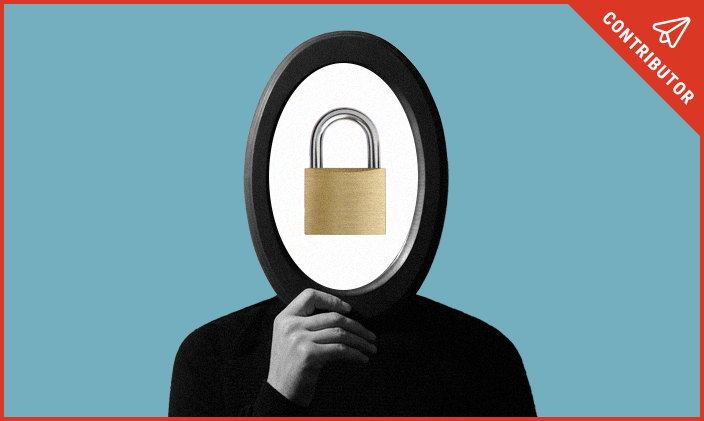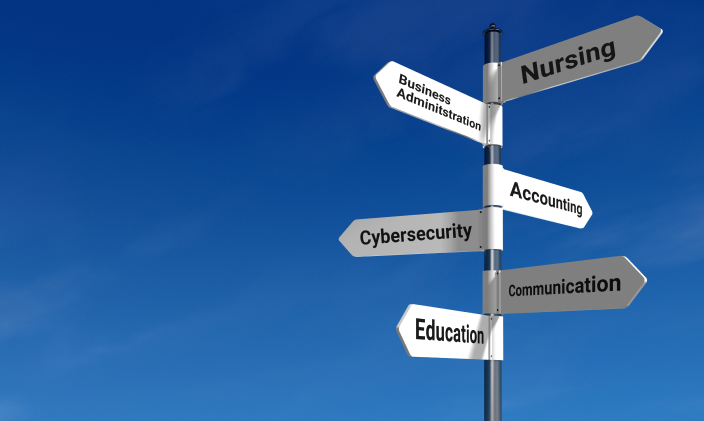5 tips for safe online holiday shopping

By Stephanie Benoit-Kurtz

Reviewed by Chris Conway, Director of Financial Education Initiatives and Repayment Management

Shopping might look a little different this holiday season as companies opt to close their doors to shoppers and instead offer virtual options to help stop the spread of coronavirus. While doing so may help prevent illness, it puts consumers at greater risk for another threat? cybercrime.
This time of year has always been the busiest for online shopping, which has grown exponentially during the past decade. And that was before this year’s coronavirus outbreak caused e-commerce sales to rocket further.1 It all adds up to malicious online criminals having many more opportunities to steal valuable personal information.
Online shopping, although convenient, can be problematic if appropriate security measures aren’t implemented. Identity theft, credit card fraud and malware are among the many safety threats consumers face.
It’s important to take steps to protect your personal information while shopping online this holiday season — and throughout the year. These safety measures can help protect your identity and prevent credit card theft.
1. Ensure the company is PCI compliant
Payment Card Industry (PCI) compliance is directed by credit card companies to protect consumers. It mandates that a variety of standards be upheld to ensure secure credit card transactions. All organizations that accept credit cards must uphold the required standard.
If an organization is not PCI compliant, personally identifiable information is potentially at risk, either through a third-party seller or through the consumer’s computer or device because the end-point security necessary to shield the transaction is absent or inadequate.
If an error appears when you go to a business’s website indicating their PCI certificate is not secure or is expired, you should not conduct a transaction there. If you do, your personal information is at risk.
2. Look for the lock
It is important that companies ensure the data you provide when making a purchase is encrypted. To determine whether an organization is using encryption, look for the lock symbol in the browser. This symbol indicates the website uses SSL, a data-transfer security standard that encrypts your data and ensures the server in use is authentic and secure.
Companies can go one step further with tokenization, which means they do not store, manage, maintain or transmit any credit card numbers in their completion anywhere. To determine a company’s security, look for this information published on their website. It should show what they are doing to secure their customers’ information from vulnerabilities related to personal identifiable data privacy.
3. Firewall application software updated and active
Consider installing a firewall software application on your computer. If you already have the software, make sure it is turned on. While firewalls are generally used to prevent malicious cyberattacks coming from the outside, you should look for software that can protect your data in both directions — both incoming and outgoing data — to make sure the private information you provide when you make a purchase is secure.
4. Antivirus or next-generation AI behavior-based antivirus
Antivirus software will help alert you if your network is victim of a malware attack. There are now more sophisticated next-generation apps that use artificial intelligence (AI) to learn about your consumer habits to better identify fraud. Consider installing AI behavior-based antivirus software before you start your holiday shopping online for an added layer of protection.
5. Research the business
If you are purchasing from an online store that is new to you, be sure to do your due diligence before clicking "buy now." Check for complaints made to the Better Business Bureau. Look at online reviews, checking specifically to see if there are challenges concerning refunds or processing cards. Visa and Mastercard have publicly available registries listing service providers that comply with rules and industry security standards.
Once you complete your transaction, it’s possible you will have no idea whether your online purchase has put your sensitive data at risk. It could be years before you know you’ve been a victim of cybercriminals. With the rise in online purchases and the biggest shopping season of the year nearing, it is a good time to do as much as you can to protect yourself.
If you are interested in a career in cybersecurity, University of Phoenix has an online bachelor's in computer science degree program.
This article has been vetted by University of Phoenix's editorial advisory committee.
Read more about our editorial process.
Read more articles like this:


